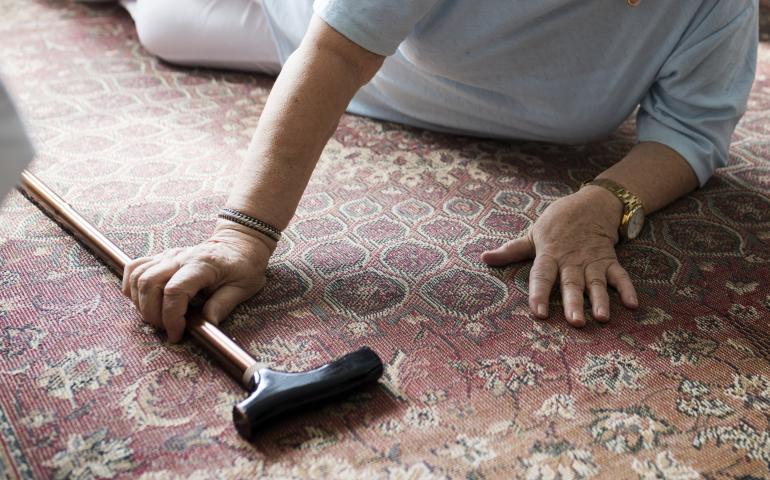Advance care planning for older migrant Australians
New research published by UNSW Ageing Futures Institute member, Dr Craig Sinclair and his collaborators from Advance Care Planning Australia has highlighted how cultural background affects attitudes towards and uptake of advance care planning. The research builds on their earlier publication that indicates only 25% of older Australians accessing health and aged care services had documented some type of advance care plan.
Advance care planning allows people to make plans with their families and health care providers for the type of care they will receive if they are no longer able to communicate their wishes. Individuals can complete legally enforceable advance care directives, which provide a written statement about the person’s preferred treatments and care, or which nominate another person to make such decisions on their behalf. There are also a range of flexible advance care planning documents, which in some cases are completed by others on the person’s behalf.
The study, published in the journal The Journals of Gerontology: Series B looked at the general practice, hospital or aged care records of over 4,000 people aged 65 or over across 100 sites in Australia for evidence of any type of advance care plan.
They found that overseas-born Australians were less likely to have completed an Advance Care Directive themselves compared to those born in Australia. However, they were more likely to have had an Advance Care Plan documented for them by a health professional or a family member than Australian-born people.
Previous research has identified cultural differences in attitudes towards advance care planning, with those from ‘Western’ cultures often emphasising more personal control over end-of-life decisions, while people from Southern Europe and parts of Asia typically taking a more collective, family-based approach to these decisions. However, other factors such as education level, socio-economic status, health literacy, religiosity and trust in health care providers can also influence the uptake of advance care planning.
In this study the strongest association was found in individuals from Southern Europe who were much more likely to have had an advance care plan completed for them by someone else than having completed one themselves.
Older age was associated with an increased rate of all forms of advance care planning documentation, while being male and having lower English language proficiency were linked to a lower likelihood of an individual completing an Advance Care Directive themselves. Remoteness, relationship status, and religious group were not predictive of completing an advance care directive or having an advance care plan prepared for them.
The study has important implications for care service and health care providers working with culturally and linguistically diverse communities. While there is substantial variation within any cultural group, a person’s region of birth appears to have an enduring influence on their preferred approach to decision-making. This highlights the need, not only for providing access to the Advance Care Directive forms, information and to interpreters during the process, but also for greater awareness amongst health professionals around the cultural preferences of older migrant Australians. The key is to facilitate a flexible approach to decision-making which can accommodate a person’s preferences, be that for an individual decision, involving family members or delegating decisions to others.






